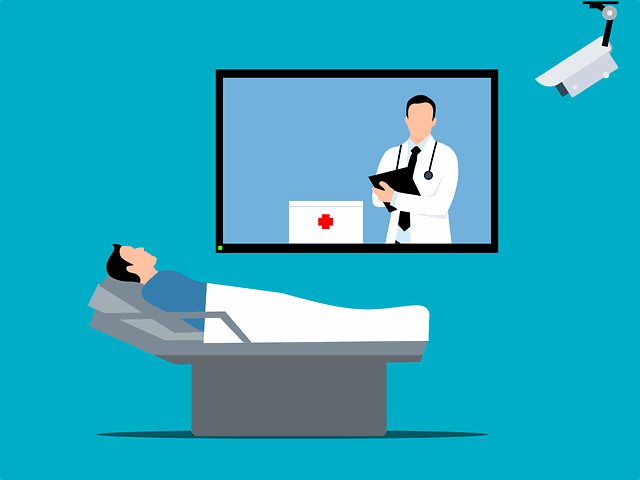The exponential increase in the demand for care has made it crucial for the healthcare industry to have access to technology to improve patient care. The use of artificial intelligence has drastically increased, allowing doctors to make more data-driven decisions that lead to better health outcomes. The effects of the COVID-19 pandemic have shown that there will be a significant blend of in-person and digital care going forward. Post-Covid, the number of people who need medical attention for delayed or deferred treatment has rapidly increased, causing the amount of patient data analysis to go up as well. Artificial intelligence is used in healthcare services for automated health records, virtual nursing assistants, remote patient monitoring, and early intervention. This powerful tool brings resource efficiency and outstanding accuracy to the table for healthcare industries.
Artificial intelligence is creating opportunities to automate updates to health records which can then be accessed by remote health professionals. Artificial intelligence uses machine learning to identify different trends in a patient’s behavior or vitals that can be used for further patient care and treatments. Health record automation is one of the most desired applications of AI in healthcare due to its efficiency and accuracy. As the public becomes more used to the idea of automated health tracking with consumer tools like Fitbits and Apple Watches, the use of automated health monitoring is being seen as a trusted application in acute care.
AI is a key tool for improving telehealth patient care. Standard telehealth connections allow virtual nurses to observe patients directly in their rooms, alleviating the workload for onsite care staff. Adding an automated nursing assistant powered by artificial intelligence, like Apple’s Siri or Amazon’s Alexa, can bring patients a new level of communication and care twenty-four hours a day, seven days a week. Virtual nursing assistants heavily benefit nurses and CNAs, by streamlining patient requests and allowing them to focus on patients with the most severe needs. This innovative technology can respond to patients directly. Instead of patients trying to flag down busy nursing staff, they can voice their needs directly to the AI assistant, which will then route the request appropriately. A virtual nursing assistant can even provide routine check-ins with patients throughout their care. VirtuSense Technologies has developed VSTOne, supplying a toolkit for nurses to continue to provide the best care. This progressive technology is programmed to have 24/7 telemetry, predictive alerting, and intuitive floor management. VSTOne has AI and machine learning tools that enable blended nursing.
Artificial intelligence significantly helps to improve telehealth patient care with early intervention. AI algorithms analyze volumes of datasets and risk factors that are not manageable for humans. Telehealth platforms have the skills to identify patients at risk in advance, enabling doctors to provide early care. Artificial intelligence can proactively indicate the problem, prompting the care staff to get the patient immediate help.
AI has emerged as a powerful tool in improving telehealth services and patient care. The innovative technology of artificial intelligence can analyze datasets, securely gather information, and identify niche patterns. Telehealth is progressive and the use of AI continues to rise in the medical world.


